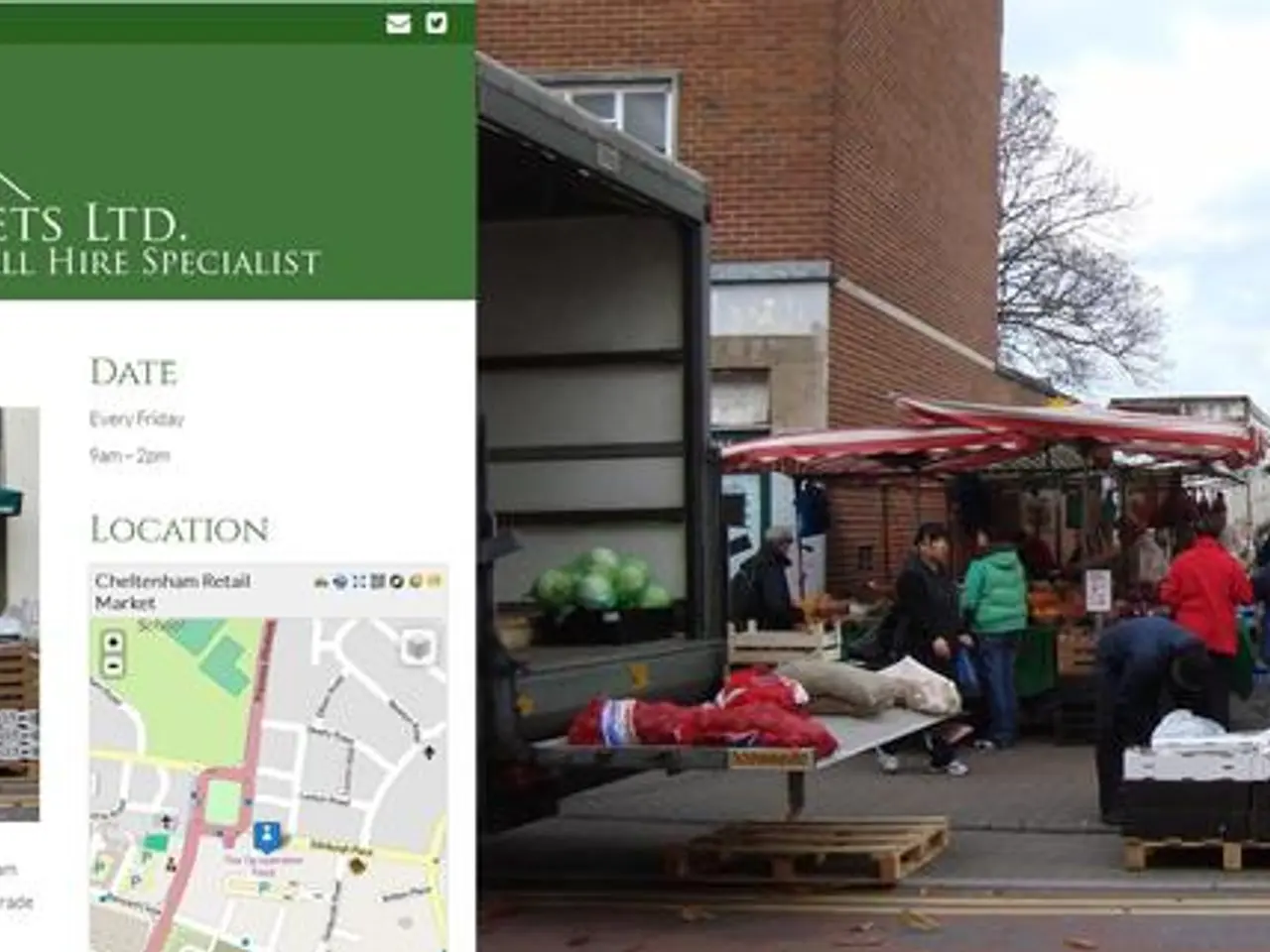Maintaining Profitability in Dubai's Seasonal Enterprises: Strategies for Operating Successfully During Low-Demand Periods
In the vibrant city of Dubai, seasonal businesses face a unique challenge: the climate-driven business cycles that characterise the region. However, instead of viewing the off-season as a period of downtime, savvy business owners are leveraging these quieter months as opportunities for improvement and preparation.
During the off-season, which spans from May through September, businesses can focus on strategic growth and retention. Here are some key strategies that seasonal businesses in Dubai can employ to navigate the off-season successfully:
- Audit and Analyze Performance: Review the past season’s results to identify best-selling products, strong marketing campaigns, and operational bottlenecks. Use data insights to guide improvements for the next peak season.
- Invest in Staff Development: Use the off-season to train employees through workshops and team-building activities, ensuring a motivated and skilled workforce ready for busy periods.
- Refresh Branding and Offerings: Update visual branding, refresh websites, or experiment with new product lines and services to stay relevant and appeal to customers when demand rises again.
- Build Partnerships and Collaborations: Reach out to potential partners, sponsors, or complementary businesses to plan joint marketing campaigns or bundled offerings targeting the upcoming high season.
- Optimize Operations: Refine supply chains, logistics, and technology infrastructure during the slow period. Lock in vendor contracts ahead of time to secure better rates and prevent shortages or delays.
- Adapt Marketing to Off-Season Demand: Shift marketing focus during extreme seasons—such as Dubai’s intense summer months—to target customers abroad, promote pre-bookings, or create indoor experiences with climatic relief (e.g., air-conditioned retail spaces, misting systems).
- Collaborate with Opposite-Season Industries: Work with businesses that peak in the off-season (e.g., home maintenance, indoor entertainment, AC service providers) to cross-promote services and maintain revenue flow.
Examples of these strategies can be seen in Dubai’s salon and retail sectors. Salons, for instance, offer “Return & Glow” packages during summer months, marketing to travelers who book appointments before arriving in Dubai as a pampering welcome after their flight, keeping customer engagement year-round. Retail stores enhance in-store comfort with cooling features and kids' play areas to encourage longer visits despite outdoor heat.
These strategies make seasonality an asset rather than a liability. By employing proactive, innovative planning and flexible marketing, businesses can create consistent revenue throughout the year, maximising off-season downtime as a period for strategic growth and retention.
While these strategies can help businesses navigate the off-season, it's important to note that industries like construction in UAE may face additional challenges such as payment delays and project slowdowns during off-seasons. In such cases, strong financial management alongside operational strategies becomes crucial.
References:
- The National
- Gulf News
- Khaleej Times
- Zawya
- To maintain continuity in sales, some businesses in Dubai's retail sector innovate by adding cooling features and kids' play areas, creating a comfortable shopping experience during the off-season.
- In the home-and-garden industry, companies can collaborate with air-conditioning service providers to cross-promote services and sustain revenue flow during the off-season.
- Forbes magazine highlights the importance of staff development in the off-season, offering workshops and team-building activities to ensure a motivated and skilled workforce ready for the peak season.
- To maintain cultural tourism in Dubai during the intense summer months, businesses can promote indoor experiences with climatic relief, such as air-conditioned museums and exhibitions.
- In the education-and-self-development industry, off-season seminars or online classes on topics like sustainability and innovation could attract local participants and generate revenue during the slower period.
- By analyzing data insights from the past season, businesses can identify operational bottlenecks and optimize their supply chains, logistics, and technology infrastructure during the off-season.
- During the off-season, many businesses in the tourism and lifestyle sector invest in branding updates, refreshing their websites and experimenting with new product lines to stay competitive and appeal to customers in the upcoming high season.
- To maximize revenue throughout the year, businesses can collaborate with opposite-season industries, like technology or finance, to offer bundle deals and create cross-promotions, such as partnerships that merge tech products with lifestyle offerings.




